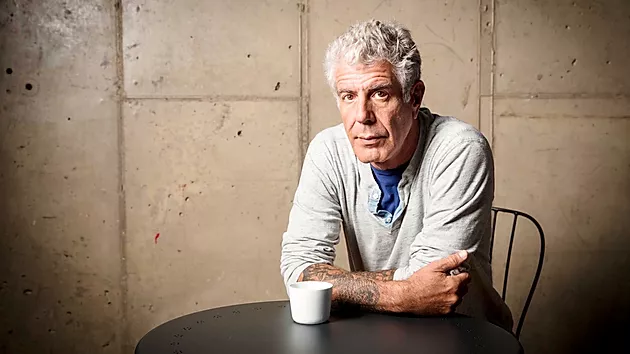
Anthony Bourdain was found dead this morning in a Paris hotel due to an apparent suicide. This lost will be difficult for us millennials who loved him and used him as our culture guide. Now the world once again will glance at the issue of mental health. For a few moments, reporters, journalists, and commentators acknowledged that suicide can creep into the spirit of any human being--rich or poor, dependent or independent, successful or striving, minority or not. For a few moments people were forced to confront the idea that maybe having it all still does not cut it. For a few moments people questioned whether fighting to have it all would ever be enough to save them from their horror. As the world embraced this moment, some likely assessed their own mental health and desperately looked for ways to find help while others may be dismissed the issue in an attempt to avoid addressing their issue(s)--self denial.
I compare the act of ignoring the need to address mental health to bacteria and I think it’s something that we all have, at some point, experienced. Bacteria, whether you see it or not, will grow and spread. The only way to eliminate the existence of bacteria is to actively do something about it--not just anything, but the right thing based on its severity. Although mental health is something that has existed among classes of people for a very long time, it is still something that is not openly discussed and is handled with secrecy and shame in most cases. I’m sure we will now hear stories from Anthony’s family about his troubles and his attempt to find help, but for many, like Anthony, sometimes help does not come quick enough.
As we move forward, past these moments reflecting on Anthony’s life and the issue of mental health, I hope that as a community we will be able to openly discuss these issues and proactively encourage honest communication. We will know that we are moving in the right direction when people of all ages will have the confidence in not only recognizing mental health issues quickly but also seeking help and accepting that it’s okay to not be okay despite societal norms.
Erica Scott is a 3rd year law student at
Thomas Goode Jones School of Law, Faulkner University